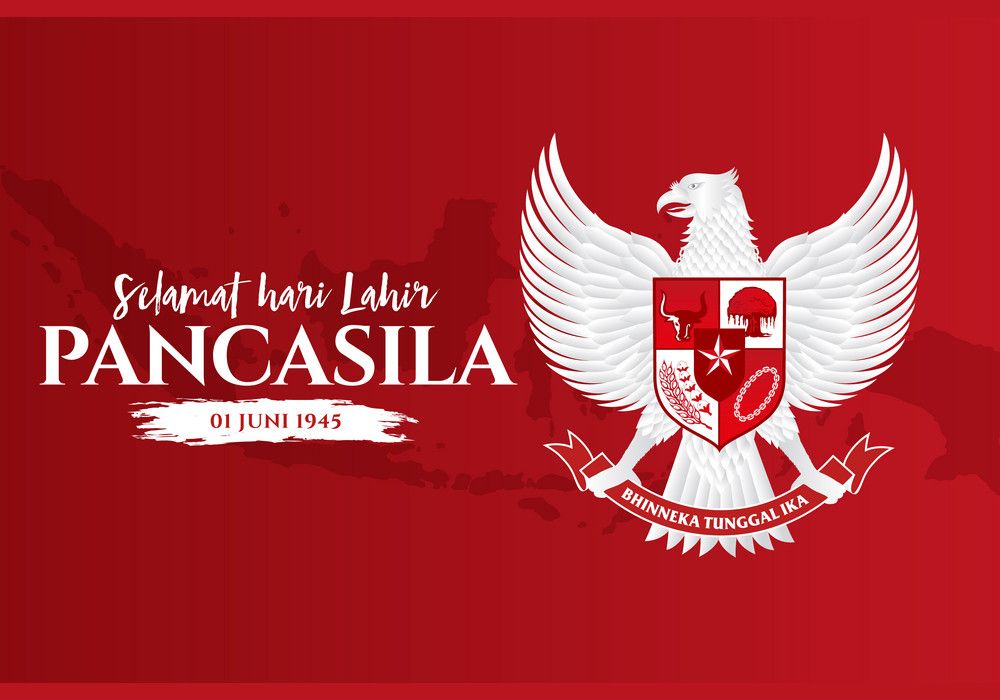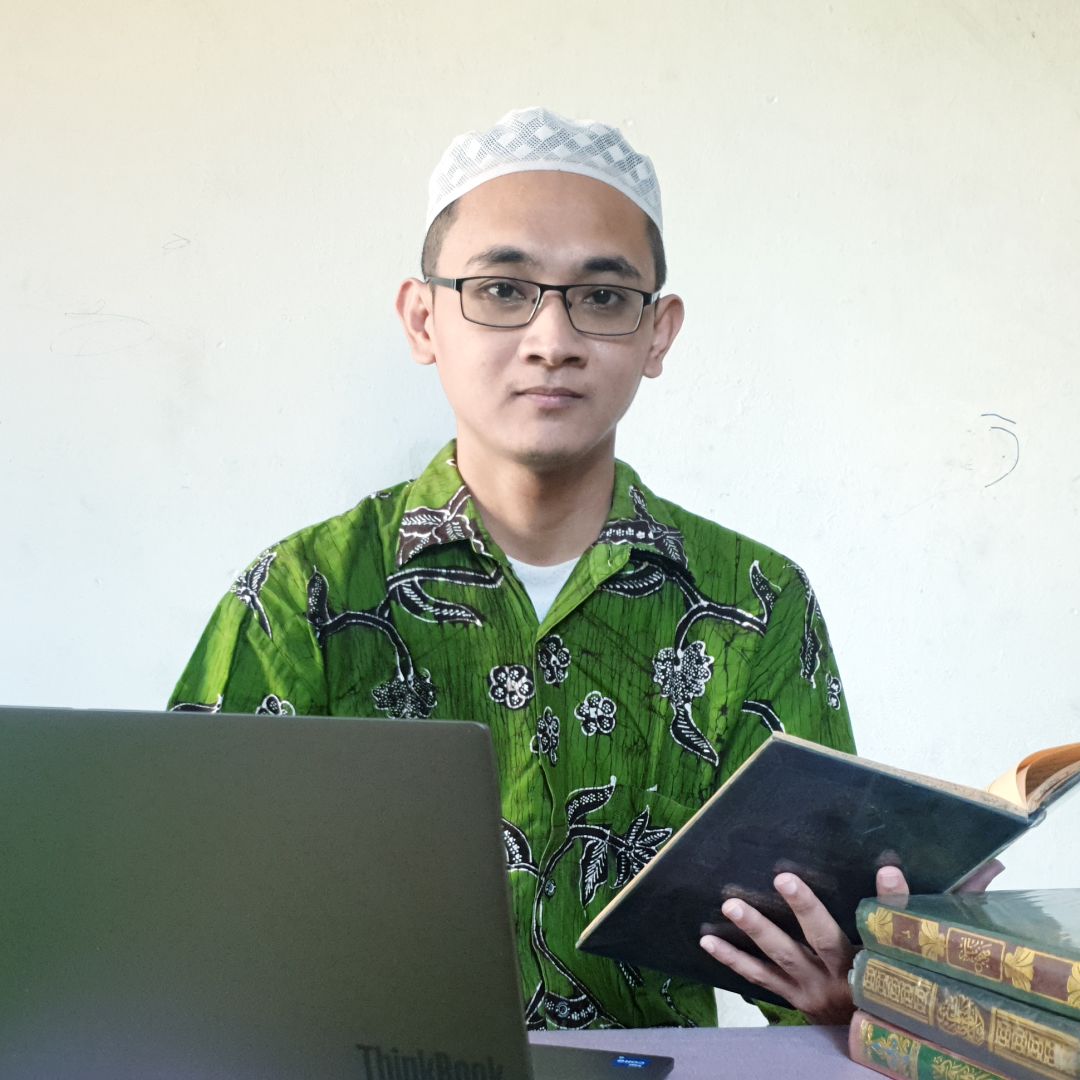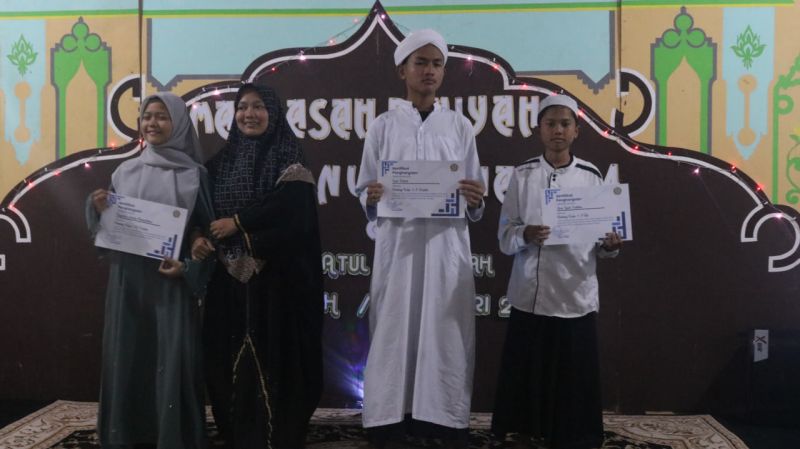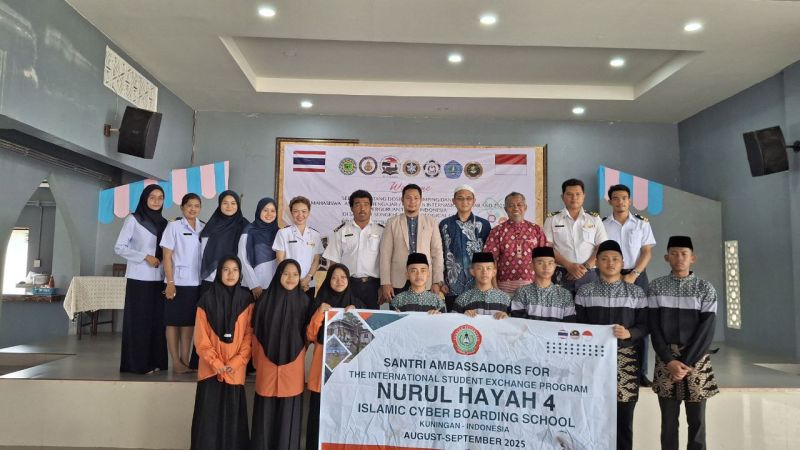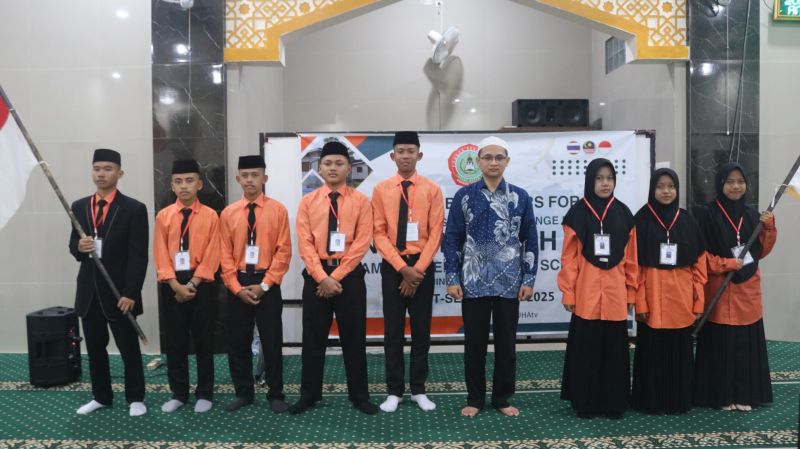Makna Pengorbanan dan Kepedulian dalam Idul Adha 1446 Hijriyah
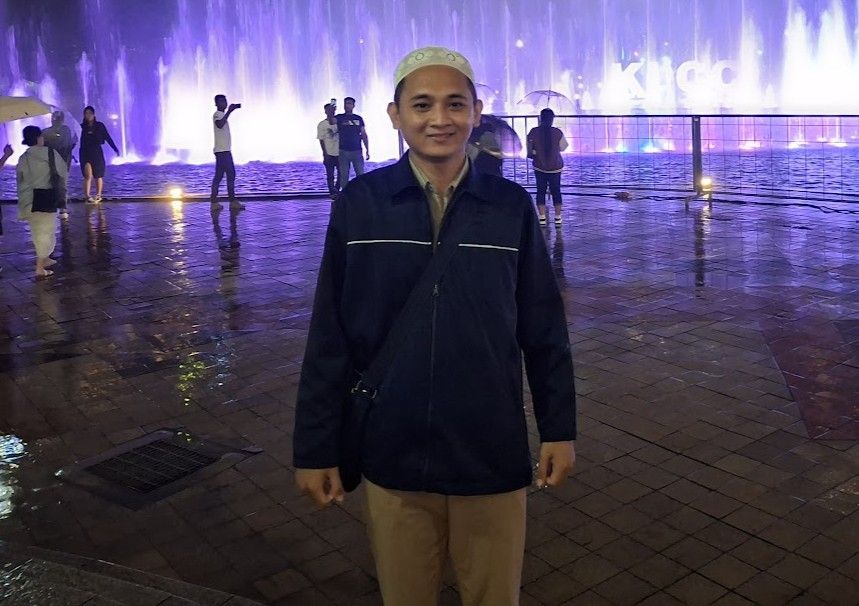
Idul Adha 1446 Hijriyah kembali hadir sebagai momen penuh makna bagi umat Islam di seluruh dunia. Hari besar ini dirayakan setiap tanggal 10 Dzulhijjah, menandai puncak dari ibadah haji yang dilaksanakan di Tanah Suci Mekah. Lebih dari sekadar perayaan, Idul Adha merupakan peringatan atas keteladanan Nabi Ibrahim dalam ketaatan kepada perintah Allah. Saat itu, Nabi Ibrahim diperintahkan untuk menyembelih putranya, Nabi Ismail. Dengan penuh kepasrahan dan keimanan, keduanya menerima perintah tersebut. Namun, sebelum penyembelihan terjadi, Allah menggantikan Nabi Ismail dengan seekor domba sebagai bentuk kasih sayang dan ujian yang telah dilalui.
Semangat pengorbanan inilah yang menjadi inti dari Idul Adha. Umat Islam dianjurkan untuk menyembelih hewan kurban seperti kambing, sapi, atau unta, kemudian membagikan dagingnya kepada keluarga, tetangga, dan mereka yang membutuhkan. Ibadah kurban bukan hanya tentang menyembelih hewan, tetapi juga tentang menyembelih sifat egois dalam diri, menumbuhkan keikhlasan, serta memperkuat tali persaudaraan dan solidaritas sosial. Dalam setiap tetesan darah kurban terdapat pelajaran tentang keimanan, keikhlasan, dan kepedulian terhadap sesama.
Pada tahun 1446 Hijriyah ini, umat Islam di berbagai belahan dunia menyambut Idul Adha dengan penuh suka cita dan persiapan. Di masjid masjid, gema takbir berkumandang sejak malam sebelumnya, menggetarkan hati siapa pun yang mendengarnya. Pagi harinya, umat Islam melaksanakan salat Idul Adha secara berjamaah. Khutbah yang disampaikan pun mengingatkan kembali tentang pentingnya ketakwaan, pengorbanan, serta kepedulian terhadap kaum dhuafa. Setelah salat, pelaksanaan penyembelihan kurban dimulai dengan tertib dan sesuai syariat Islam.
Bagi mereka yang tidak mampu berkurban, Idul Adha tetap menjadi waktu yang penuh berkah. Mereka mendapatkan daging kurban dan turut merasakan kegembiraan bersama. Sementara itu, bagi yang berkurban, ada perasaan syukur dan haru karena telah menjalankan salah satu sunnah yang sangat dianjurkan. Dalam suasana ini, nilai nilai ukhuwah Islamiyah tumbuh subur. Tidak ada perbedaan antara si kaya dan si miskin. Semua bersatu dalam ibadah dan kebaikan.
Di lingkungan pendidikan dan pesantren seperti Nurul Hayah 4, Idul Adha juga menjadi sarana pembelajaran karakter. Para santri belajar langsung tentang makna pengorbanan, gotong royong, dan kerja sama dalam proses penyembelihan hingga pembagian daging. Momentum ini dimanfaatkan untuk menanamkan nilai nilai Islam secara nyata dalam kehidupan sehari hari.
Dengan demikian, Idul Adha 1446 Hijriyah bukan hanya perayaan seremonial, melainkan sarat dengan pelajaran spiritual dan sosial. Ia menjadi waktu yang tepat untuk memperbaharui niat, memperkuat keimanan, dan memperluas kepedulian terhadap sesama. Semoga semangat kurban ini terus hidup dalam setiap jiwa, menjadikan kita pribadi yang lebih ikhlas, bertakwa, dan bermanfaat bagi umat.
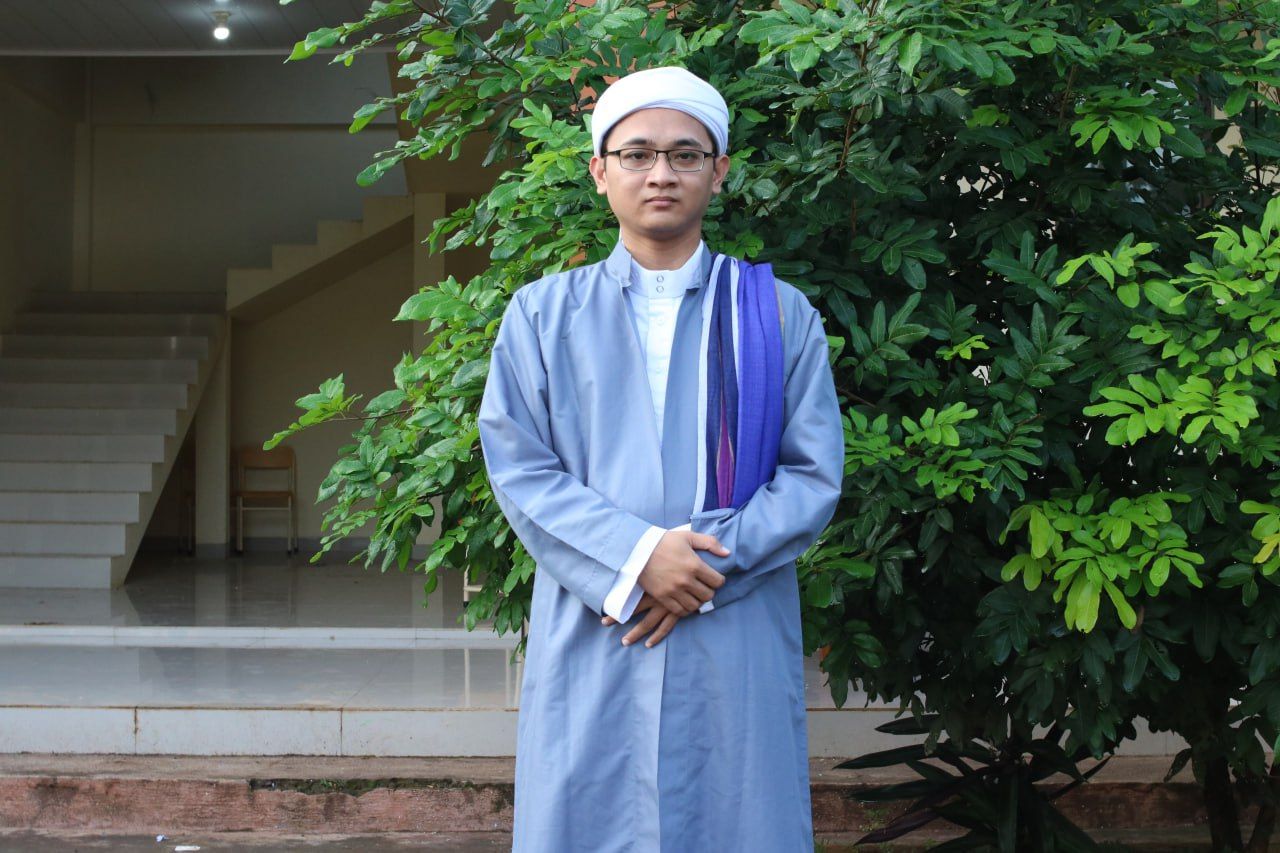
Abi M. Fakri Islami Arif, C.Ht., M.Pd.
Mudir 'Am
Insight Lainnya
